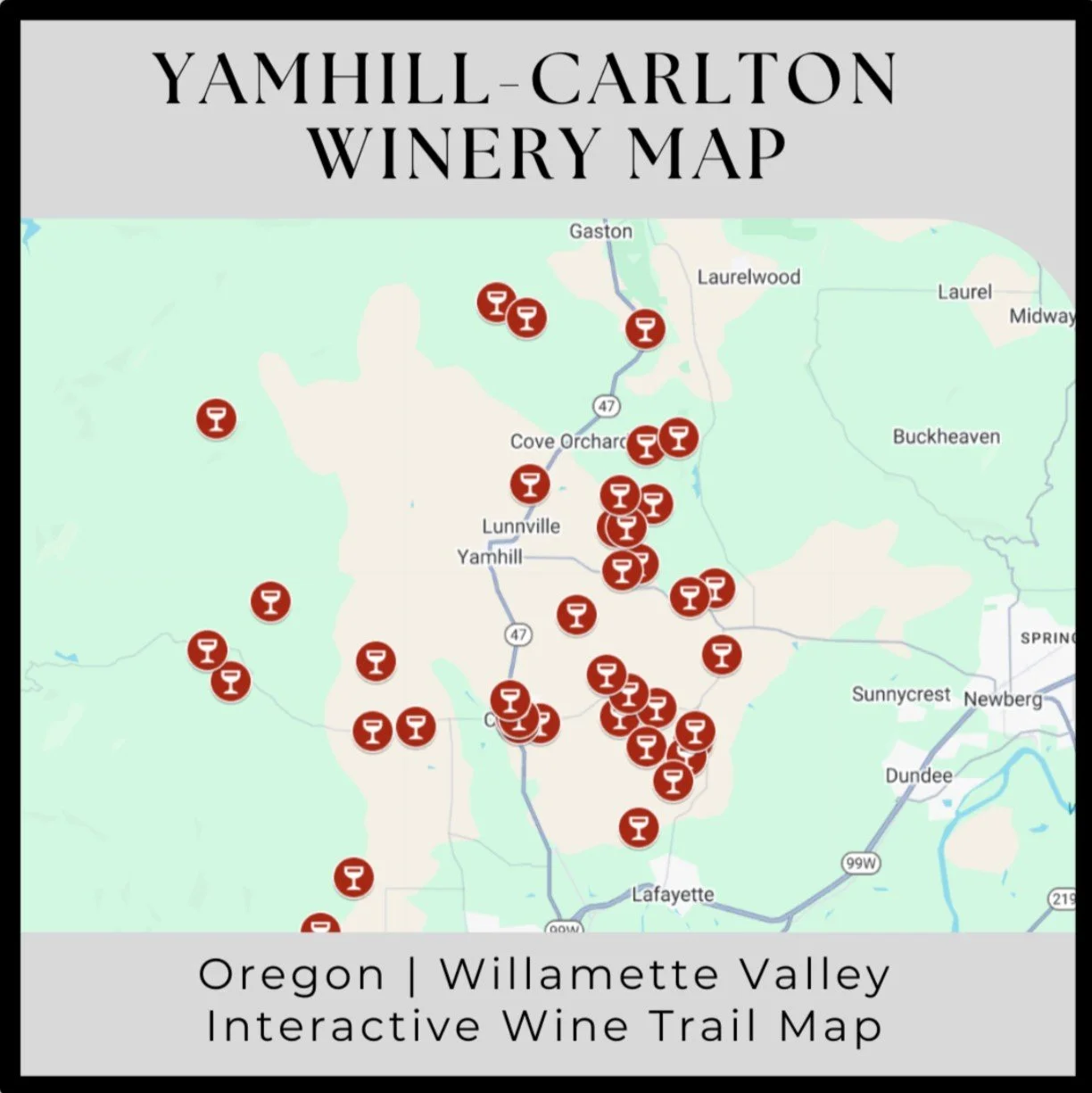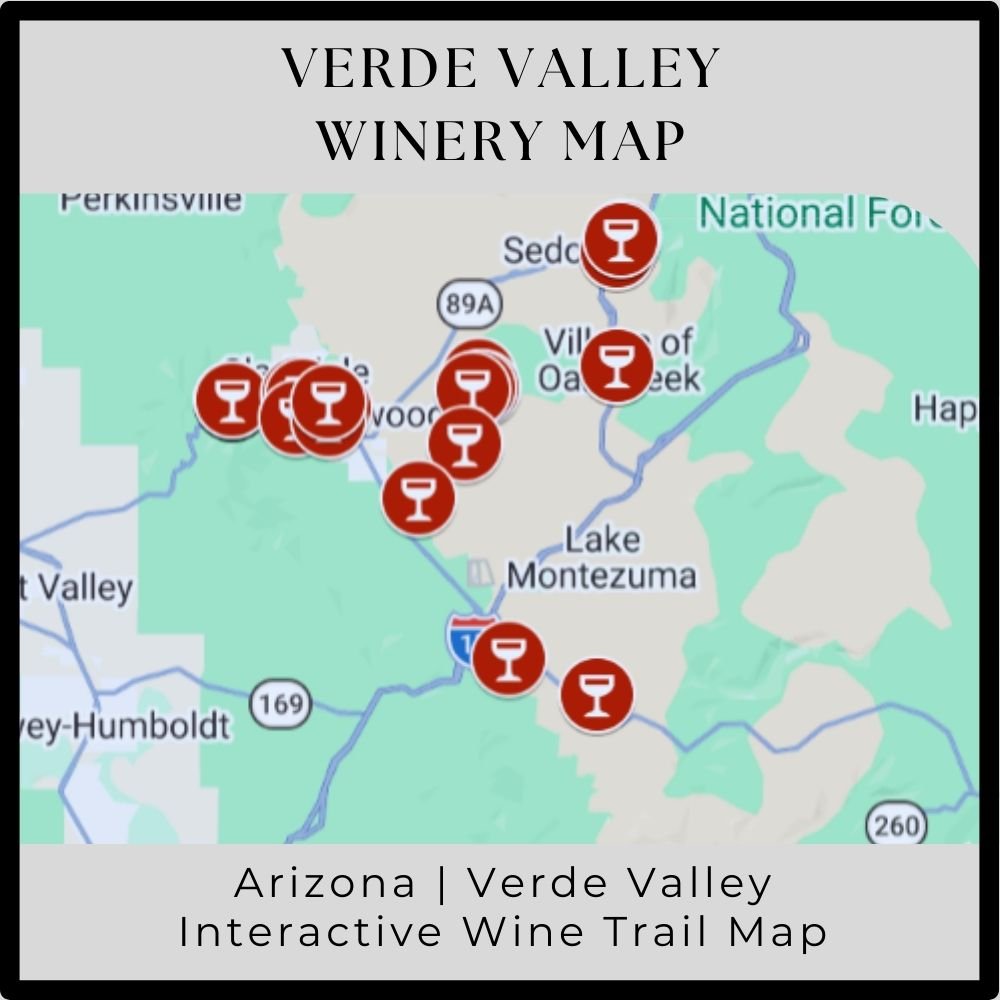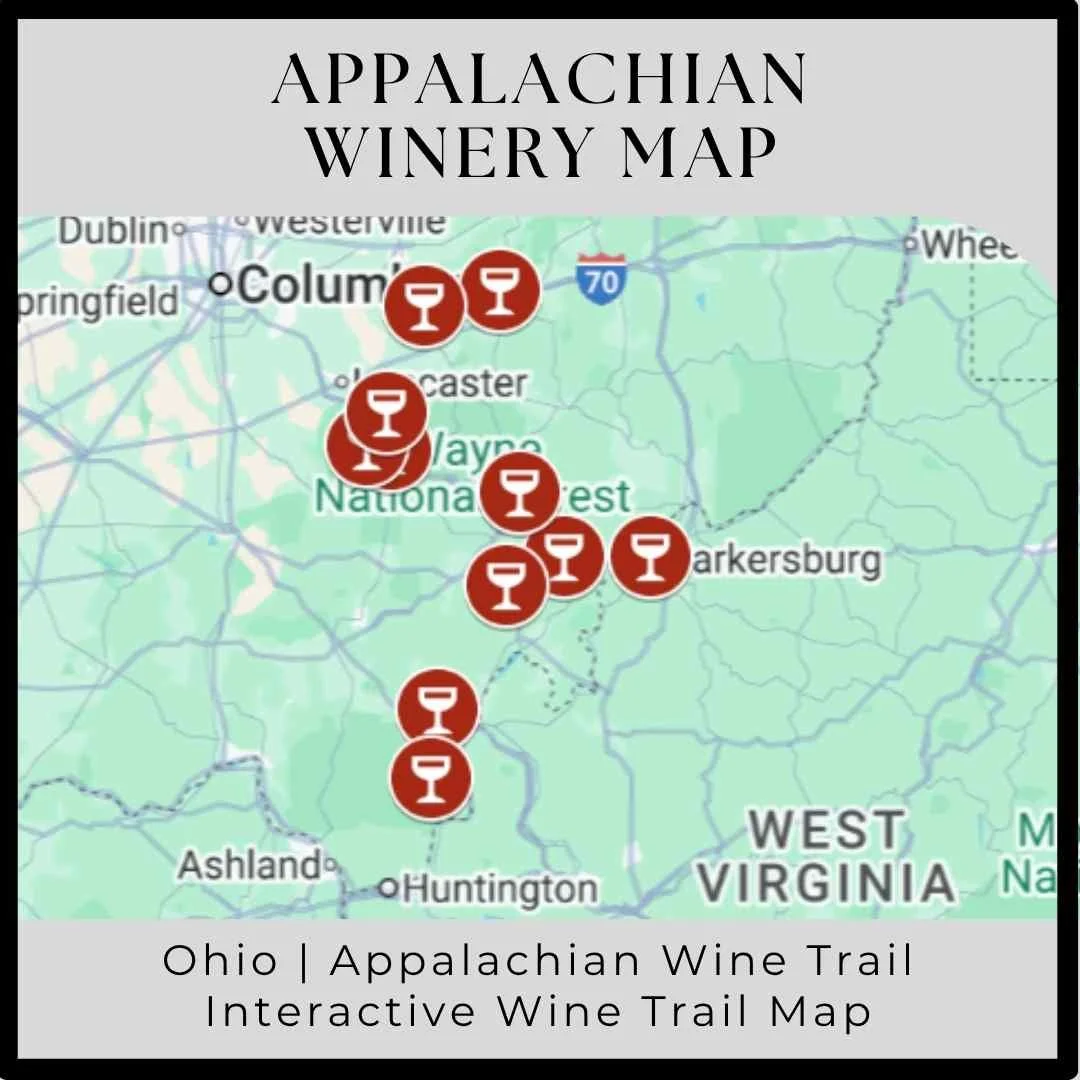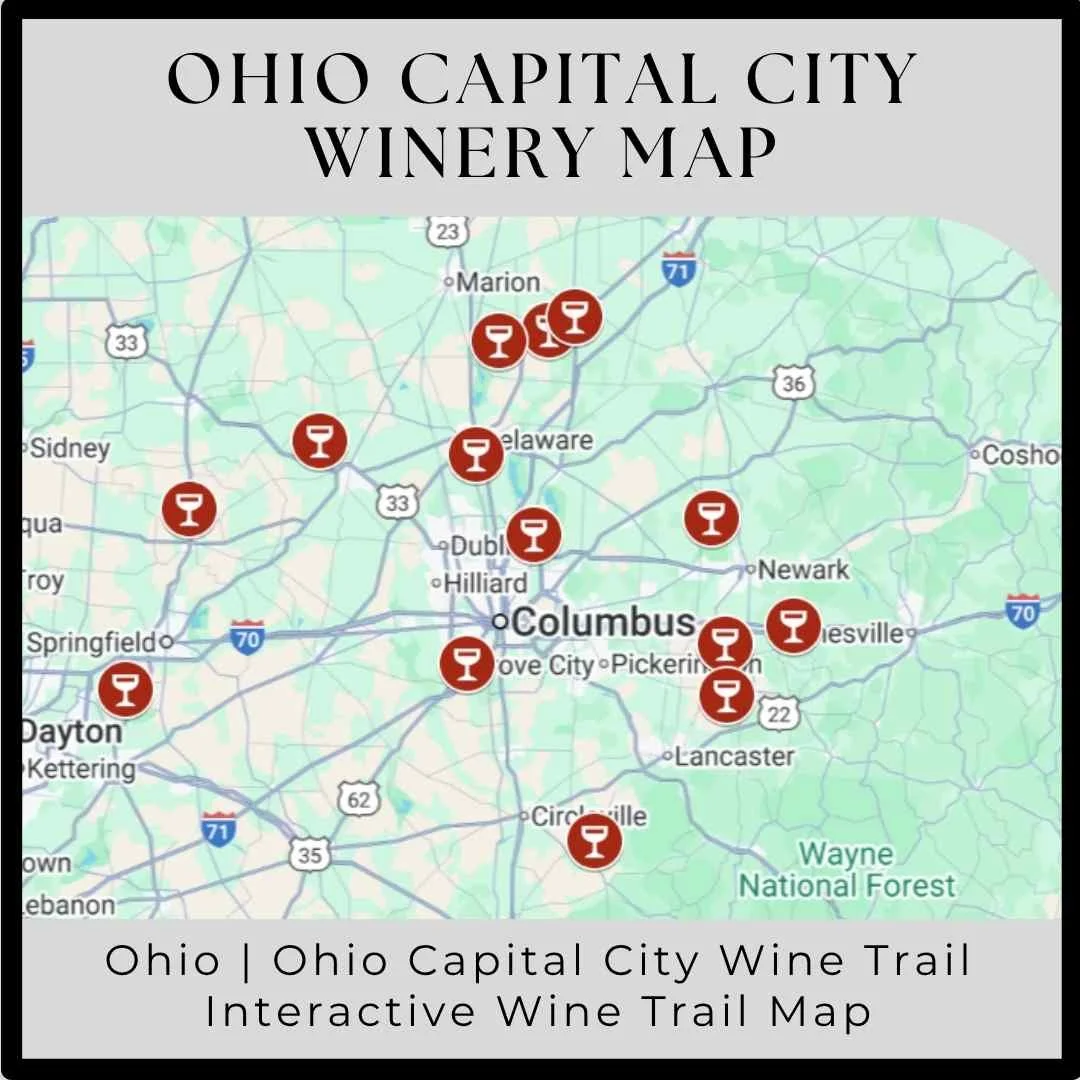The Future of Long Island Wine Making and Viticulture
New York | Long Island | Wine Region Education

Long Island Wine Harvest
Long Island wine country is evolving through innovation, and its future looks promising. The region’s wineries, on the North Fork and in the Hamptons, are redefining their approach to viticulture, embracing experimentation, sustainability, and responding to the changing climate.
Innovation and Experimentation
Long Island winemakers are known for their inventive spirit, continuously pushing boundaries in their craft. While traditional varieties like Merlot, Cabernet Franc, and Chardonnay have always been central, many winemakers are experimenting with grapes such as Albariño and Teroldego to expand their portfolios. The Long Island Wine Trail has become a playground for winemaking creativity, where each winery showcases its unique approach, balancing ripe New World flavors with the elegance of Old World-style wines.
This experimentation has also led to an increased focus on sparkling wines, with many wineries seeing potential for growth in this category. The region’s maritime climate, moderated by the Atlantic Ocean and Long Island Sound, offers ideal conditions for producing bright, expressive sparkling wines—a future trend to watch closely on any Long Island wine tasting tour.
Sustainability and Adaptation
With climate change a growing concern, Long Island wineries are adapting to new environmental challenges. Many are shifting toward sustainable and organic farming practices, recognizing that the future of the region depends on eco-friendly viticulture. Leading wineries, like Channing Daughters in the Hamptons, are at the forefront of these efforts, adopting techniques that reduce the environmental impact of winemaking. Some have also started exploring hybrid and native grape varieties that may be better suited to the evolving climate.
The cooler climate of Long Island, while challenging, may prove advantageous in the future as global temperatures rise. Winemakers are aware of this and continue to adjust their techniques and grape selections, ensuring that their wines remain balanced and expressive while maintaining a close connection to the terroir.
A New Generation of Winemakers
A younger generation of winemakers is taking the reins in North Fork wineries and Hamptons wineries, bringing fresh energy and innovative approaches. They are eager to explore new winemaking techniques, breaking away from tradition while still respecting the region’s rich winemaking history. This generation is well-versed in both the art and science of winemaking, merging experimentation with a deep respect for the roots of the wine region.
These new winemakers are also deeply focused on sustainability and climate-conscious practices. The Long Island wine industry is adapting by investing in eco-friendly methods, with an eye on the future impact of climate change. As a result, Long Island’s wine trail is not just about tasting exceptional wines but also experiencing the forefront of modern winemaking practices.
Other items that might interest you, click to learn more
Wine Tourism’s Evolution
The Long Island wine tasting tour experience has also evolved. With increased investment, wineries now offer more personalized experiences, such as private tastings. The pandemic prompted a shift towards more intimate setting, allowing visitors to deeply connect with the winemakers and the region’s history. Wine traveler exploring the New York wine regions will find a heightened focus on hospitality, making Long Island an even more appealing destination.
Climate Change and the Future of Long Island Wine
Climate change remains one of the most significant concerns for Long Island’s future. Winemakers are aware of the shifts in weather patterns and the long-term implications for the region. However, there is optimism that the region’s cooler maritime climate may serve as a buffer against the harsher effects of a warming world. By continuously experimenting with grape varieties and refining their practices, Long Island’s winemakers are hopeful that they can adapt to these challenges and continue producing world-class wines.
Conclusion
The future of Long Island wine making is bright, driven by a commitment to quality, sustainability, and innovation. As winemakers continue to push boundaries, embrace climate-conscious practices, and elevate the Long Island wine tasting tour experience, the region is well-positioned to maintain its reputation as a premier New York wine region. Whether exploring the North Fork wineries or the boutique vineyards of the Hamptons, visitors will discover a region that’s constantly evolving, with a deep respect for both tradition and the future.
































































